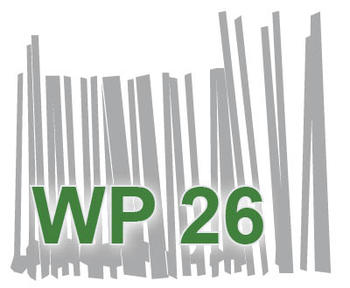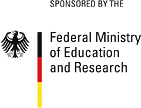Protein from the Sea: The Global Rise of Fishmeal and the Industrialization of Southeast Pacific Fisheries, 1918-1973
Kristin Wintersteen – 2012
This paper examines why and how, amidst efforts to combat malnutrition both locally and globally, the post-World War II industrialization of Peruvian and Chilean fisheries focused ultimately on fishmeal production for animal feed. It highlights the transnational entanglements among the visions of key individuals and institutions in the emerging postwar international order and explains how these impacted fisheries development at the local scale. Despite technical assistance programs by the United Nations Food and Agricultural Organization that aimed to create local markets and use fish proteins to ameliorate malnutrition, industrialists from both North and South saw greater potential in fishmeal as an export commodity for farmed chickens, hogs, and later fish. By 1972, when the Peruvian anchoveta collapsed, the coastal waters off Peru and Chile had become the world’s primary source of concentrated fish proteins – a hidden but key ingredient in the global industrial food web – with serious consequences for local social and economic inequalities.

